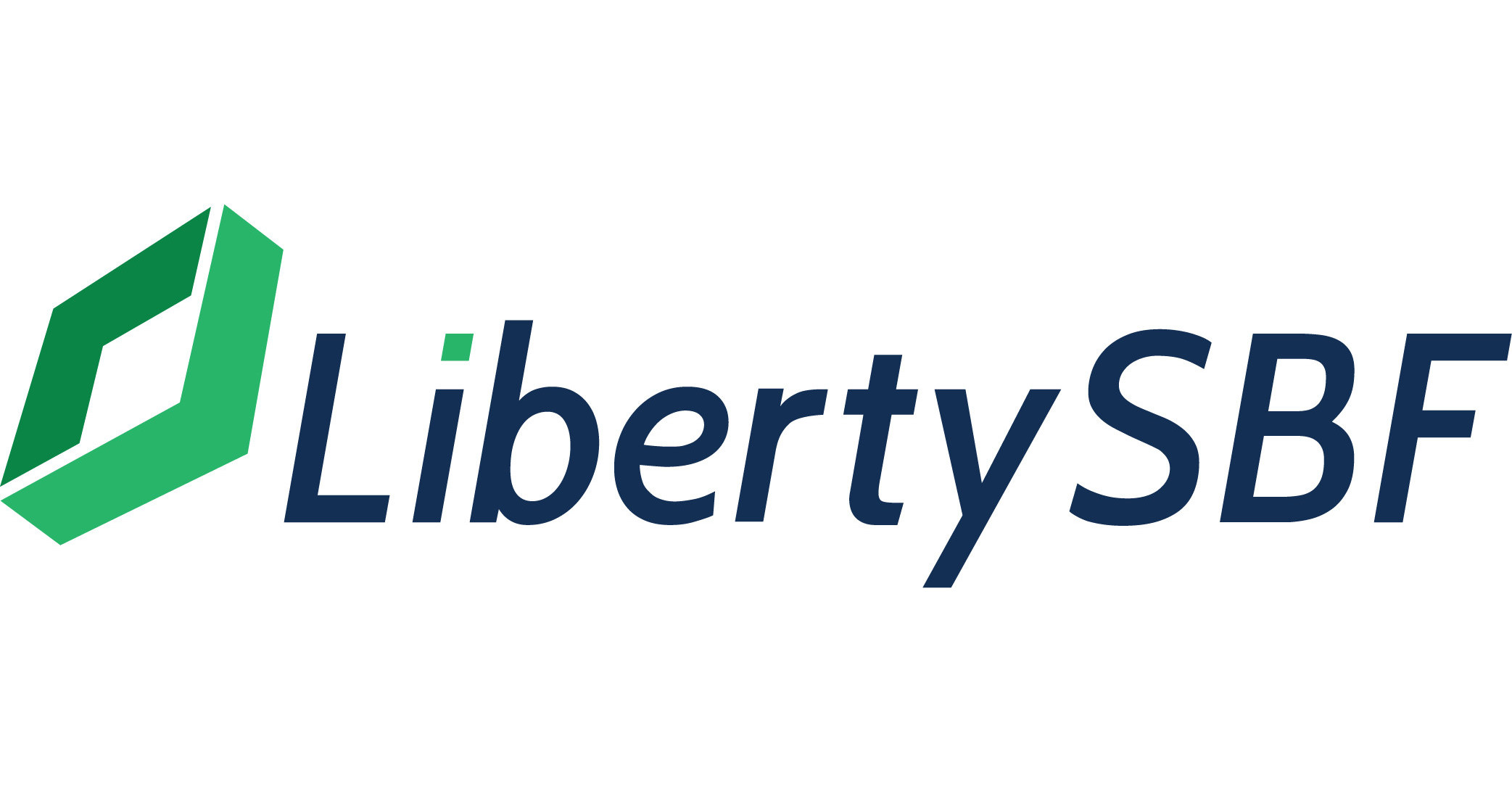Hard-Hit Hotels Have Options To Address Pent-Up Demand For Refinancing

As most of the top U.S. hotel markets continue to struggle, recovery is on the horizon, but it might take binoculars to see it. Real estate services and investment firm CBRE Group forecast that U.S. lodging demand will only return to pre-pandemic levels in the fourth quarter of 2023.
That is a long time to wait, particularly for hotels in the central business districts of big convention markets that saw events business fall off dramatically. Fortunately, hotels can take advantage of tools to help them pay for property improvements and other capital priorities during what is expected to be a slow recovery.
“We're definitely seeing a lot of demand for refinance opportunities,” said Alex Cohen, CEO of commercial real estate finance company Liberty SBF. “I think a lot of lenders in this cycle have worked with borrowers to extend terms and modify loans as needed to avoid foreclosures and forced selling, which is different from what we saw in hospitality during the last cycle.”
A significant difference between now and the recovery that followed the Great Recession, he said, is that lenders have more government-funded options to help their hospitality clients this time. Earlier this year, hotels could take advantage of the second round of the government’s Paycheck Protection Program and receive tax-deductible PPP loans of up to three-and-a-half times payroll. That proved to be a lifesaver for many operations.
Since PPP ended on May 31, Cohen said much of the focus has turned to Small Business Administration loans, and for good reason. He told the story of two clients that were able to attain their goals while enjoying a fairly high loan-to-value ratio with their SBA 504 loans.
“What’s very attractive about the SBA 504 is that it's tied to the government’s cost of funds,” he said. “So with interest rates being at all-time historic lows, and even though hotels are considered to be a riskier asset within the primary four food groups of real estate, hotel borrowers can benefit not only from the high leverage but also from the government-subsidized long-term fixed interest rate, which today is in the twos, fully amortizing for 25 years.”
In today’s environment, he said, it is difficult for hospitality assets to get more than a 65% loan-to-value ratio. But through SBA 504, the LTV ratio can be much higher, as Liberty’s hotel clients experienced. He added that these loans offer the possibility of providing some cash to borrowers who need additional working capital.
“Both deals are getting refinance dollars through the SBA 504 at 85% LTV,” he said. “They are refinancing out of mortgages on their hotel properties that are maturing in the next 60 days. And they're using a high-leverage SBA 504 loan as a refinance vehicle.”
Those two hotel operations may have also benefited from the fact that they happen to be in a segment of hospitality that was less disrupted by the coronavirus: regional leisure-driven properties that are within driving distance of large metropolitan areas.
“In the last six months, the hotels that performed better were able to adapt and take advantage of leisure-type demands, and those are the types of assets that I think are tending to find financing much easier than some other assets that are tied to corporate contracts,” Cohen said.
Many of these types of properties, such as resorts, have been able to demonstrate a track record of profitability in 2021, making them attractive to lenders. That doesn’t mean hotels in big convention cities are left high and dry.
Cohen recommended hoteliers look at all available options to control costs while they reach out for loan assistance. This involves focusing on their own operations while keeping a finger on the pulse of the industry and its lending trends.
“I think the most important thing is to look at areas where you can run lean, take advantage of government subsidy programs and keep in touch with hotel organizations such as the American Hotel and Lodging Association that are lobbying the government for subsidies for the industry,” he said.
Hotels should continue to identify and take advantage of subsidy opportunities available through SBA and other sources, Cohen said. After all, the expected return to normalcy in Q4 2023 remains a long while off.
“Looking at all available capital options, whether they're subsidized by the government or not, is something that hotel owners should be doing across the board,” he said.
This article was produced in collaboration between Studio B and Liberty SBF. Bisnow news staff was not involved in the production of this content.
Studio B is Bisnow’s in-house content and design studio. To learn more about how Studio B can help your team, reach out to studio@bisnow.com.

